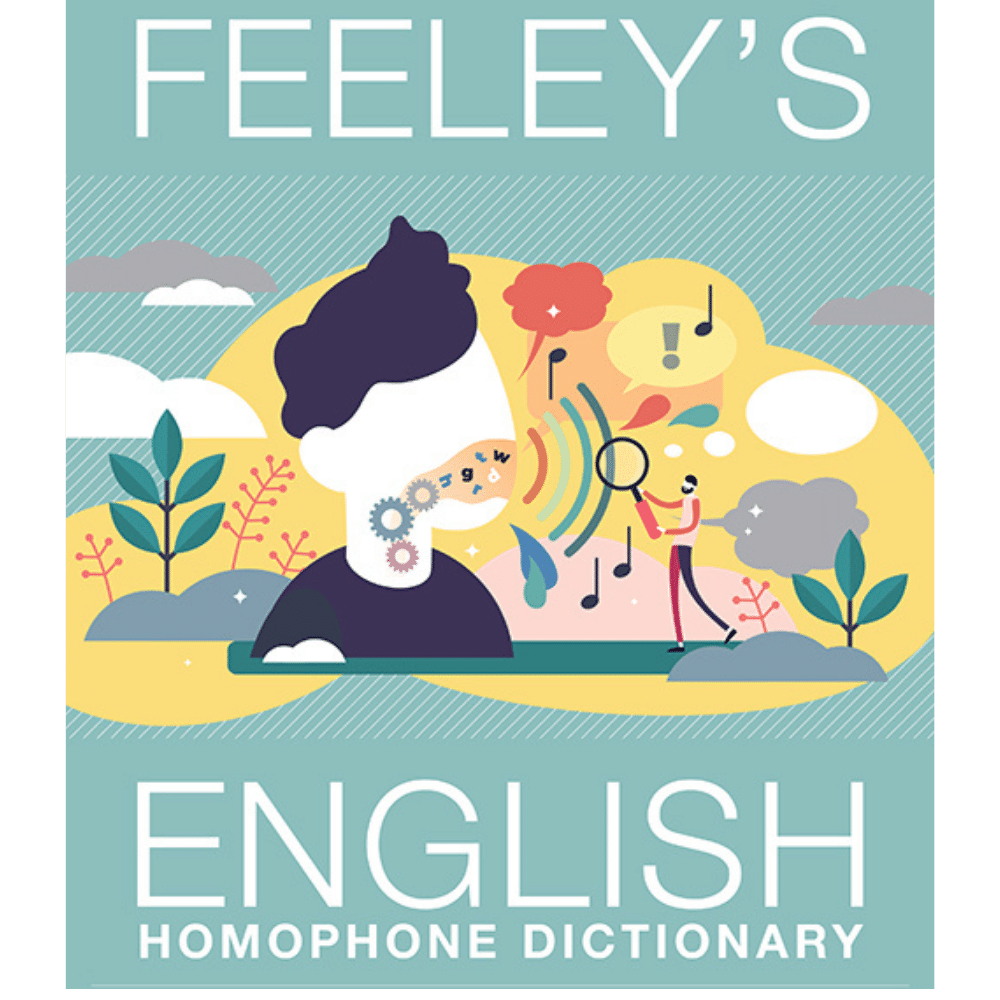About Us
Glad you have come…
We host Homophone Central and welcome guests.
Since early childhood, we have heard and appreciated stories. Some true. Some fiction.
As we grew older, we learned to read and as we did, we became aware that some words sounded like others but differed in important ways. For example, going to the beach could never be confused with going to the beech, even though both could be enjoyable.
Beyond increasing our vocabulary and spelling, we gave these special words very little thought. It seems a common problem among native English speakers.
We just assume that others understand our word choices. Seldom do we stop to think of the strange mental images that we cause others to create.
The problem: Homophones
We started to confront this problem when we worked with others whose first language was not English. After all, what are friends for?
Teaching others…
As we worked with students (primary, secondary, undergraduate levels), we had the privilege of doing individualized lesson plans. We encouraged students to question and search out things that intrigued them. This led to many surprising results.
Beginning a Homophone List…
One delightful boy, in grade three, asked me to give him some homophones. I hadn’t given them much thought for many years.
I sat down and jotted down about thirty sets. He asked for more. I thought deeper and soon had fifty sets. Delighted, he asked for more.
Finally, realizing that this child collected words the way others collected baseball cards, I did what I should have done at the beginning. I went to the library and started doing some serious digging. Several hours later, I emerged with a list of over five hundred sets. And so, it began…
I doubt that I would have done this if it hadn’t been for his persistence.
I remain grateful for all the students over the years who have insisted that I question and search more thoroughly.
Going deeper…
As an educator and researcher, I wanted to give something extra to my students. But what could I give this boy?
I thought that what he needed was a good homophone dictionary. So, I went looking for one. I found lots of books at various levels. But in all my searching, I didn’t find one that satisfied me. And yes, that is one of my criteria for giving books to others.
Beginning a dictionary…
Since I didn’t find what I wanted, I decided we would compile our own dictionary. I took time to think about what I wanted to include. Well, there should be sets for every letter of the English alphabet, and these exist. Every word should have a short definition. I enjoyed the unabridged English Oxford dictionary, but I certainly didn’t want to copy it. I aimed for concise definitions often forming a composite from different, larger works. Each set had to contain distinct terms that could not be interchanged.
Then we thought about the phonetics. Different dictionaries used different systems. We chose the International Phonetic Alphabet because it had been designed to work with all human languages. Usually one symbol for one sound (exceptions are things like diphthongs), regardless of the language.
A special thanks to the folks at the Canadian Summer Institute of Linguistics who taught us so much about this.
And finally, I wanted examples. Not just examples of how to use the word, but examples of how people had chosen to use the word when they weren’t thinking about homophones. Words chosen because that was the word people wanted for that expression. To safeguard the work, we added the caveat that none of the examples would be written by us or come from any of our published works. I won’t say how many times I rued that decision.
Where to find the best homophone examples…
The quickest way to get homophone examples is to write them yourself. But the best place to find homophone examples is in the written record of the English language. This ranges from kids’ literature to academic tomes to the vast treasure trove online.
As we read, we keep finding new homophones, many of which do not appear on other people’s lists…or at least we haven’t found them there…so, we keep reading and hunting. As we do, our database continues to grow.
Moving forward…
Having completed the first edition of our dictionary, we have looked at the resources that we still have available. This website with its blog has grown out of the work for the dictionary. It is not the dictionary but has sprouted from it. We wanted to make a much broader amount of information available.
Who do we want to see…
In short, those who like to read English and have an appreciation for the language should come and explore.
We are neither English majors nor professional linguists, but we have studied a lot. Between us we hold six earned degrees. We have worked at different colleges/universities in four countries. Although we are comfortable in academia, we have also worked in agriculture, forestry, the hospitality industry and as freelance business owners. We have a diverse background.
So don’t be shy. Drop by. Browse. Say hi!
